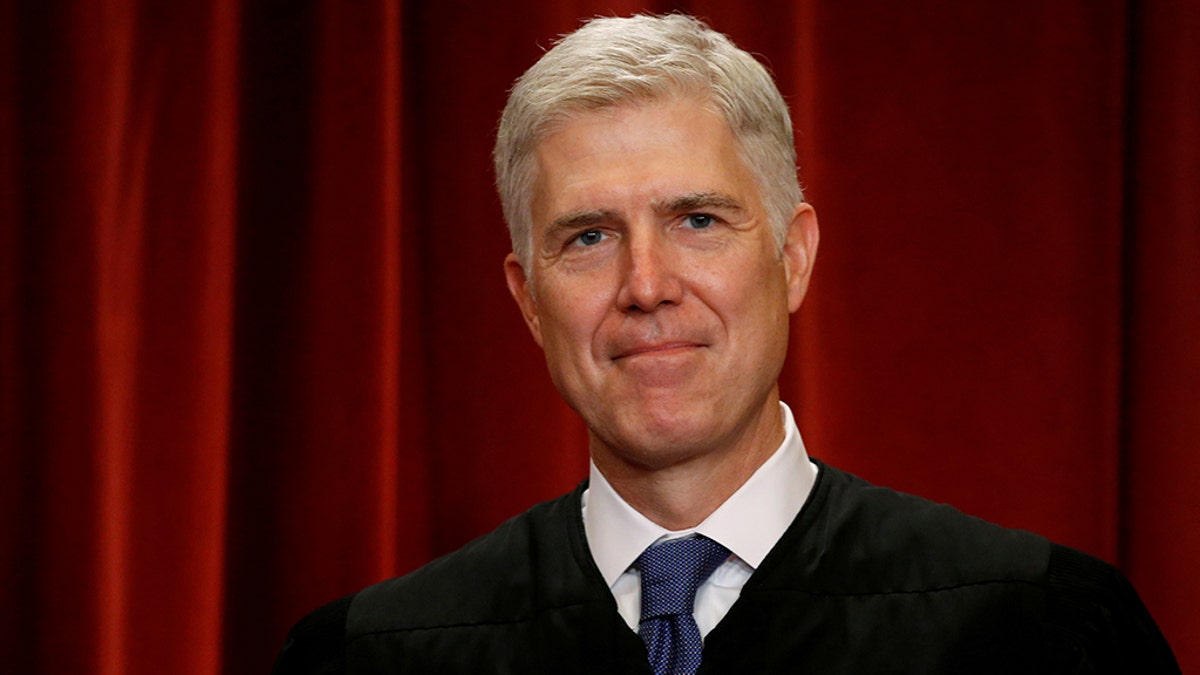The recent Supreme Court oral arguments in United States v. Skrmetti, concerning Tennessee's law restricting sex-change procedures for minors, left me with more questions than answers. While I anticipate the court will ultimately uphold the law, the path there revealed some unexpected turns and troubling implications for the future of sex-based protections.
While several justices engaged in predictable lines of questioning, Justice Gorsuch's complete silence was jarring. Given his authorship of the Bostock v. Clayton County decision, which expanded the scope of sex discrimination to include gender identity, his lack of participation was particularly noteworthy. His silence leaves the future application of Bostock unclear, especially regarding its impact on women's spaces and sports.
Another alarming moment came during a discussion about the implications for women's sports. When Justice Kavanaugh questioned the constitutional implications for female athletics if Tennessee's law were struck down, both the Biden administration and the ACLU argued that the Constitution already permits transgender athletes in women's sports, effectively shifting the burden onto female athletes to legally defend their right to compete fairly. This stance, if adopted by the court, could decimate women's sports, placing an insurmountable legal and financial burden on female athletes to protect their competitive integrity.

The Biden administration's assertion that female athletes would need to individually litigate their right to compete is deeply concerning. The financial and logistical hurdles of such legal battles would effectively dismantle women's sports as we know them. How can local sports leagues, already operating on tight budgets, afford to engage in protracted legal battles? This potential outcome underscores the urgent need for the court to recognize and protect the unique interests of female athletes.

The arguments in United States v. Skrmetti have exposed critical questions about the future of sex-based protections and the potential erosion of women's sports. The silence of key figures like Justice Gorsuch, combined with the troubling legal positions taken by the Biden administration and the ACLU, paint a concerning picture for the future. The court must carefully consider the far-reaching consequences of its decision and uphold the importance of protecting women's sports and spaces.

Comments(0)
Top Comments